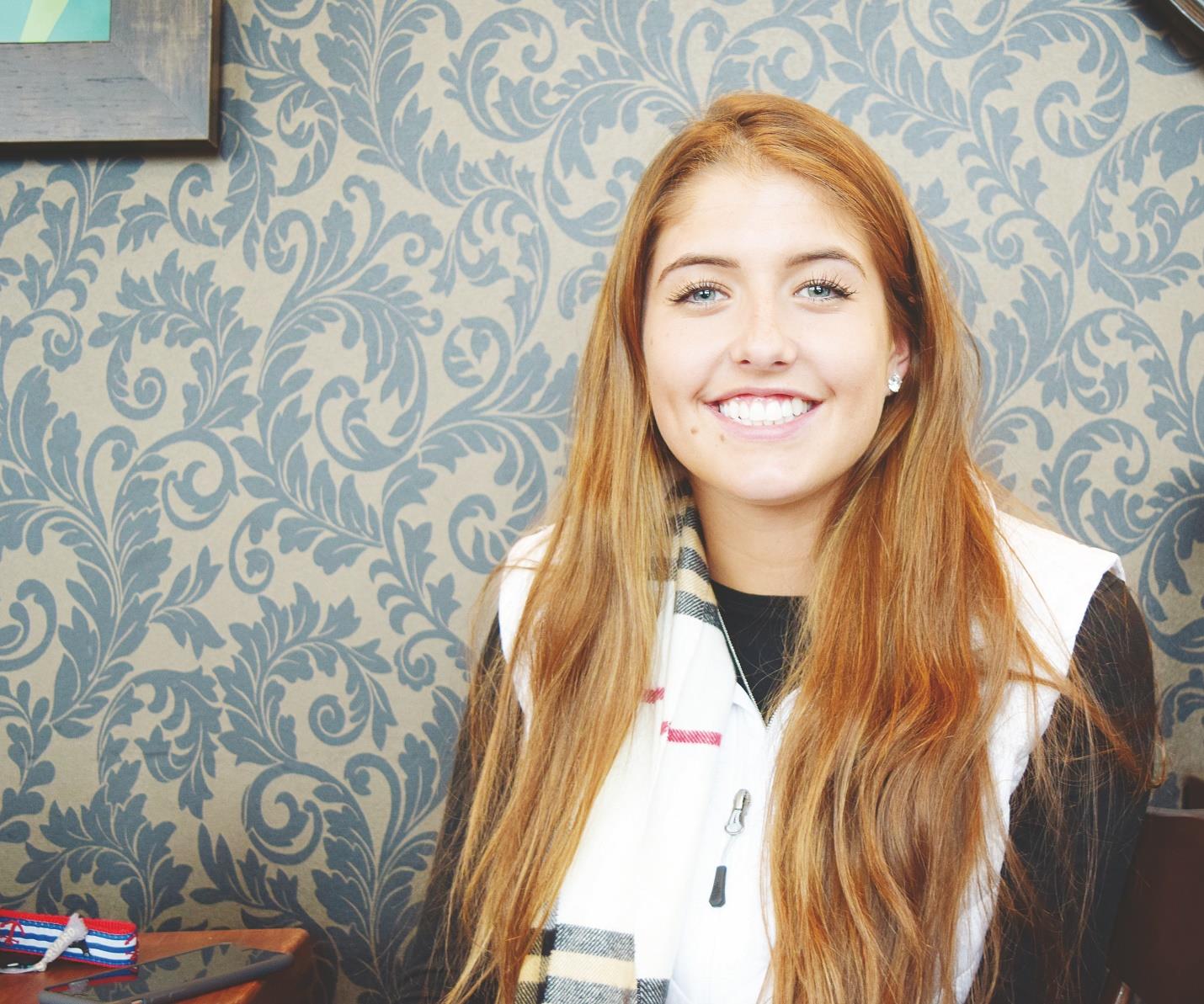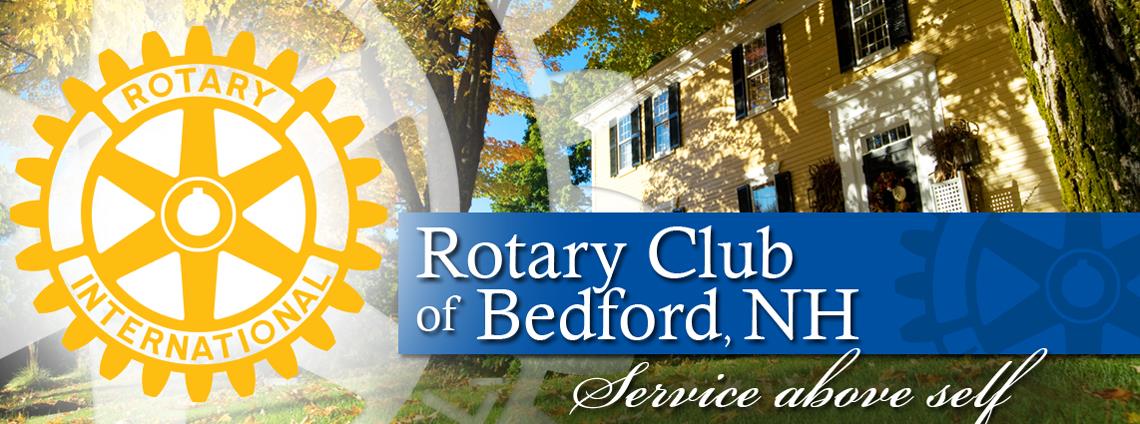Bedford Teens Fight Against Amyloidosis
Bedford Bulletin
March 21, 2016 10:27 PM

Kate Shooshan, 17, has focused her senior project on raising awareness of amyloidosis. (Eli Okun)
Bedford teen’s fight against amyloidosis is personal
By ELI OKUN
Union Leader Correspondent
BEDFORD - When Kate Shooshan was growing up, she adored her father, a Harvard Law School graduate who started his own firm, coached an Olympic Development Program soccer team and was an active, fun parent.
Then he got sick. “I basically watched how he went from playing soccer with me to sitting in a chair,” Kate Shooshan said, “and then basically a year later I watched him not even being able to move from his bed.
”Harry “Chip” Shooshan, an involved and well-known figure in Bedford, died of familial amyloidosis in July 2009, at age 62. Kate was 11 at the time. She coped with the loss, she said, thanks to the support of her friends and family and the example of strength that her mother set.
She’s now a senior at Bedford High School, with designs to study criminal justice and political science at the University of New Hampshire or University of South Carolina and go into politics or the FBI. And for her senior project, she’s raising awareness of the disease that killed her father and the money to fight it.
“In order for me to raise as much money as I want to raise, I needed to go public,” Shooshan said. “It was difficult, but I also have enjoyed the process.
”Amyloidosis is a disorder in which a protein folds abnormally. Harry Shooshan’s type of the disease was hereditary, originating in the liver and targeting other organs. There is no cure, and in his case, treatment started too late to stave off the disease’s lethality.
Shooshan, 17, is seeking to educate people in her community and beyond about the disease. Some doctors don’t know it exists, she said: Her father lost his voice and had symptoms like tingling feet, but he went undiagnosed for a while, a medical mystery to many.
In honor of her father, who loved to run, she is also running in the Bedford 5K road race in May, and seeking to raise money for amyloidosis research through a related GoFundMe campaign. She’s already blown past her initial $1,000 goal, reaching $4,705 as of Monday.
John Berk, the doctor at Boston Medical Center’s Amyloidosis Center who treated Shooshan, said Shooshan’s particular type of the disease is actually now one of the hottest areas of research, including some methods that use RNA interference.
Most prevalent in Portugal and affecting about 10,000 to 15,000 people worldwide, this type of amyloidosis has sky-high costs for research and treatment: A recent drug made available in Europe was selling for $200,000 a year, Berk said.
With government grant funding dropping off significantly in recent years, “we rely a lot on the generous fundraising of ordinary people, and it has a huge impact on our capacities to pursue fruitful findings in the lab,” Berk said. “And so her efforts are going to have a palpable impact on our process to further understand the disease.
”Meanwhile, Shooshan is left to wonder — though she tries not to worry much — whether she’ll inherit the gene for amyloidosis, which she has a 50 percent chance of receiving and will get tested for in her late 20s. One of her two older half-sisters has it, though there’s still a 50 percent chance the protein will never unfold irregularly. The disease starts affecting people in late middle age.
Telling her story through her senior project has allowed her to connect with her community and inform people about amyloidosis, Shooshan said. She’s also learned much more about the disease and efforts to fight it — and about how best to raise awareness and funds for a cause.
“People have said that listening to my story is what motivates them to donate, motivates them to learn about amyloidosis,” she said.
